Tools & Craft #20: How to Make the Mundane Tasks in Your Design Job Meaningful
Idle hands do the devil's work
I don't care how exciting your design job is—at some point you have to engage in repetitive, mundane tasks. Whether it's naming Photoshop layers, cutting a crapload of biscuit joints or tediously executing some CAD task that you can't automate—how do you deal with it? Me, I've found a strange way to turn it into a plus.
After a mention in Chris Schwarz's blog, my company, Tools for Working Wood, had a rush on our 18tpi coping saw blades. We buy these in bulk and repackage them in lots of a dozen, which is a lot of mundane work. With everyone else working flat out on other equally important stuff, I realized that if I didn't repackage the blades myself, they would not get done for days.
 Enter a caption (optional)
Enter a caption (optional)Even though the rush is now over, whenever I feel I don't have the patience or will to start a new task, I start packaging coping saw blades. It's easy, somewhat mindless work, but getting the blades out of the bulk packages means your hands are going to get scratched up. After a few hundred dozen, you get pretty good at counting to twelve.
The best part of doing this task is that it gives me a chance to think. I realized this is what our ancestors meant when they said "Idle hands do the devil's work." Not every job we do is hard, skilled, or even interesting. But lots of little jobs need patience and reliability. The time to do them is when you need a break.
The trick in all of this is good technique / coming up with a procedure. I can think about stuff while I pack blades because I worked out a procedure for packing blades, so I am not continually applying any effort to the process. This sort of procedure/ efficient technique applies to most mundane chores. If you have places to put stuff on your desk (pencil holder, circular file) and have clear ideas of what goes where, cleaning your desk regularly isn't a brain stretch. Et cetera.
Once I'm in the flow, it's pretty relaxing. Apparently, there is even some scientific research that suggests repetitive mundane tasks like this one lower your levels of stress. There is also a great sense of accomplishment after completing a mundane task—they're tasks that nobody really has the time for or really loves to do. In this case, packing blades must be done if we are going to fill orders. It's certainly more useful than pretending I'm working while surfing the Internet.
How does this pertain to your design work? Forget about the exciting stuff you do, and take a look at the annoying tasks you're faced with—like putting things away in the shop or the studio, cleaning those sandwich crumbs out of your keyboard, sharpening your tools. Try to look at them not as chores, but a useful, relaxing diversions while you collect your thoughts for the next good job. And what's really key, is that as long as you don't see the annoyance of doing the task while you do it, it really will be a "useful, relaxing diversion while you collect your thoughts for the next good job."
Stay sane, folks.
________________________________________________________
This "Tools & Craft" section is provided courtesy of Joel Moskowitz, founder of Tools for Working Wood, the Brooklyn-based catalog retailer of everything from hand tools to Festool; check out their online shop here. Joel also founded Gramercy Tools, the award-winning boutique manufacturer of hand tools made the old-fashioned way: Built to work and built to last.-
oFavorite This
-
QComment
K
{Welcome
Create a Core77 Account
Already have an account? Sign In
By creating a Core77 account you confirm that you accept the Terms of Use
K
Reset Password
Please enter your email and we will send an email to reset your password.



